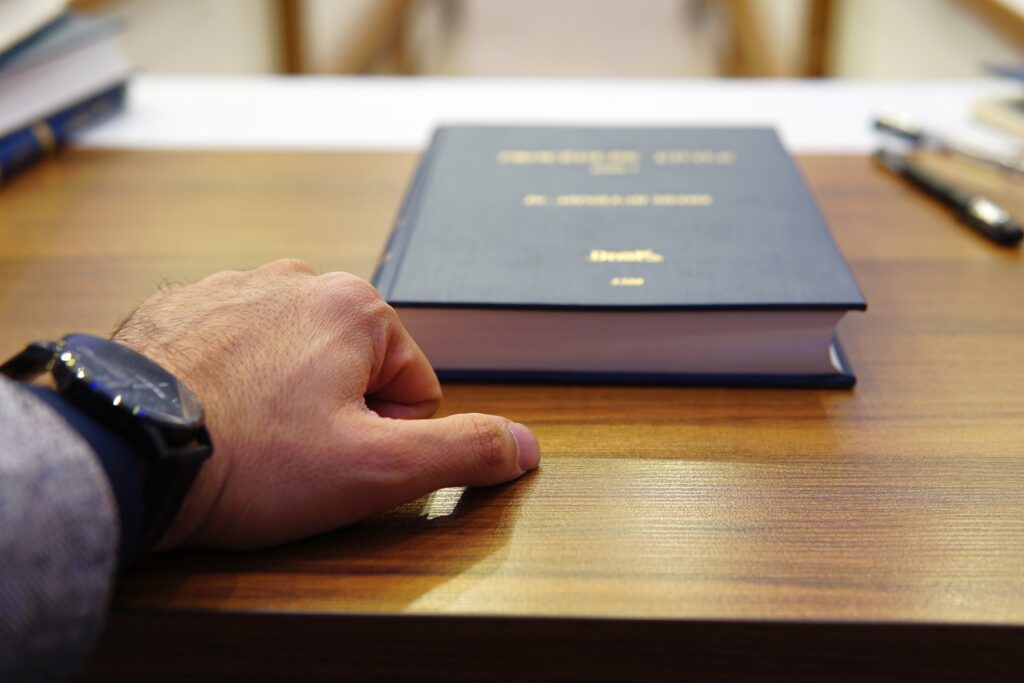Estate planning is a crucial step in securing the future and ensuring the smooth transfer of assets to loved ones after our passing. While we often focus on major assets like real estate, investments, and financial accounts, it’s equally important to address the distribution of our tangible personal belongings. To simplify this process, Colorado residents have the option of using a Personal Property Memorandum (PPM). In this blog post, we’ll explore how a PPM can be a valuable tool in estate planning, specifically for the distribution of tangible items, within the legal framework of Colorado.
Understanding the Personal Property Memorandum (PPM)
A Personal Property Memorandum is a legally binding document that allows you to detail the specific distribution of personal property, such as furniture, jewelry, artwork, and sentimental items, among your loved ones. Unlike a will or trust, the PPM is considered an ancillary document and does not require formal legal procedures, such as notarization or witnesses, making it a flexible and efficient option.
Creating a Personal Property Memorandum in Colorado
To create a valid Personal Property Memorandum in Colorado, follow these essential steps:
- Consult with an Estate Planning Attorney: While a PPM can be a simpler alternative to a comprehensive estate plan, seeking advice from an estate planning attorney is recommended to ensure compliance with Colorado’s legal requirements and to address any specific concerns or circumstances.
- Include Required Elements: Your PPM must include specific details to be legally enforceable in Colorado. These elements include a clear identification of the document as a PPM, your name, date of the document, and a list of items you wish to distribute. Remember to reference your PPM in your will or trust for it to be effective.
- Be Clear and Specific: When listing the items you want to distribute, be as clear and specific as possible. Include descriptions, locations, and any identifying information that will help your loved ones easily locate and identify the items.
- Choose Beneficiaries: Indicate the beneficiaries to whom you wish to allocate the items. Ensure that the beneficiaries are easily identifiable, using their full names and any relevant identifying information.
- Keep the Document Updated: Regularly review and update your PPM to reflect any changes in your personal property or beneficiaries. Life events, such as marriages, divorces, births, or deaths, may necessitate revisions to your PPM.
Effectiveness and Limitations of the Personal Property Memorandum
The PPM offers several advantages in estate planning:
- Flexibility: The PPM allows you to easily modify or update the distribution of your tangible personal property without the need to amend your will or trust.
- Privacy: Unlike a will, the PPM is not a public document, preserving the privacy of your personal property distribution.
- Efficiency: Creating a PPM can expedite the process of distributing personal belongings, as it simplifies the division of tangible assets and reduces potential disputes among beneficiaries.
It is important to note that the PPM has limitations:
- Limited Scope: The PPM can only be used for tangible personal property and cannot distribute real estate, financial accounts, or other non-tangible assets.
- Compliance with Colorado Law: Ensure your PPM adheres to Colorado’s legal requirements to be valid and enforceable. Consulting with an attorney will help you meet these criteria.
Conclusion
In estate planning, the distribution of tangible personal belongings holds significant emotional and sentimental value for both you and your loved ones. Colorado residents can leverage the Personal Property Memorandum (PPM) as a practical tool to efficiently allocate these items. By thoughtfully creating a PPM, you can ensure that your cherished possessions find their rightful places, simplifying the process for your loved ones, and reducing potential conflicts.
If you have questions regarding estate planning contact Chapman Law, PLLC to discuss your situation.
This blog is intended to provide general information and, therefore, should not be treated as legal advice. You should contact a qualified attorney for questions about legal issues.

